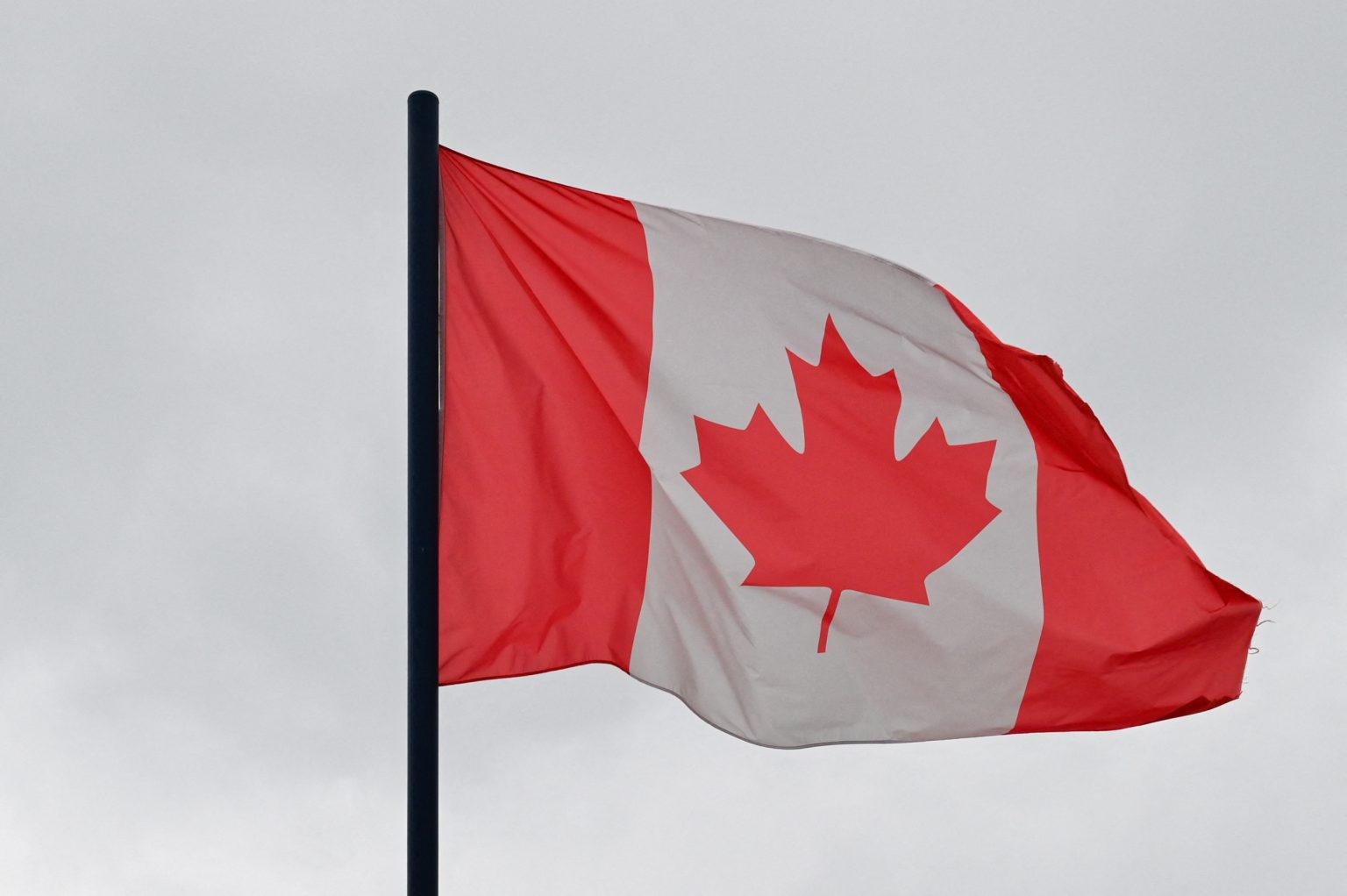The aftermath of Donald Trump’s election win in 2024 saw a surge in searches related to moving to Canada. With Trump securing 277 electoral votes to Vice President Kamala Harris’s 224, Americans seemed to contemplate relocating north. Google Trends reported a significant increase in searches for topics such as “how to move to Canada” and “how to legally move to Canada,” with the highest searches in states like Vermont, Oregon, and Washington, which had overwhelmingly voted for Harris. Social media was also abuzz with discussions about moving to Canada, with some users expressing their intentions to do so following Trump’s victory.
The interest in moving to Canada following Trump’s election win is not a new trend. Similar searches peaked after Trump won the 2016 election, causing the Canadian immigration website to crash due to high traffic. In the recent surge of interest, search inquiries about moving to Canada increased after President Joe Biden’s debate with Trump in June 2024. However, those considering relocating to Canada may face challenges, as the country is set to reduce the number of permanent immigrants admitted in the coming years. Canadian Prime Minister Justin Trudeau announced a 21 percent decrease in the number of permanent immigrants, citing the need to strike a balance between labor needs and population growth after the pandemic.
Canada has been known for its immigrant-friendly policies, with a significant portion of its population growth driven by immigration. However, with the planned reduction in the number of immigrants accepted, prospective immigrants may find it harder to move to the country. Additionally, Canada’s unemployment rate stands at 6.5 percent, further complicating the migration process for those looking for opportunities in the country. The changes in Canada’s immigration policies highlight the challenges faced by those considering moving to the country following political events in the United States, such as Trump’s election win.
The interest in moving to Canada reflects the impact of political events, such as presidential elections, on individuals’ decisions about relocating. The surge in searches for information about moving to Canada underscores the significance of political outcomes in shaping people’s migration plans. In the face of political uncertainty or dissatisfaction with domestic developments, moving to another country can be seen as a viable option for some individuals. The increased interest in Canada as a destination for American immigrants highlights the role of global events in influencing personal decisions about relocation.
As the United States undergoes political changes, such as presidential elections, individuals may assess their options for migration based on factors such as political stability, economic opportunities, and quality of life. The interest in moving to Canada following Trump’s election win is a reflection of these considerations, as Americans explore alternative living arrangements in response to political developments. While Canada has traditionally been seen as a welcoming destination for immigrants, changes in immigration policies may pose challenges for those seeking to move to the country. The trend of considering Canada as a relocation option highlights the impact of political events on individuals’ migration decisions and the role of external factors in shaping personal choices.


